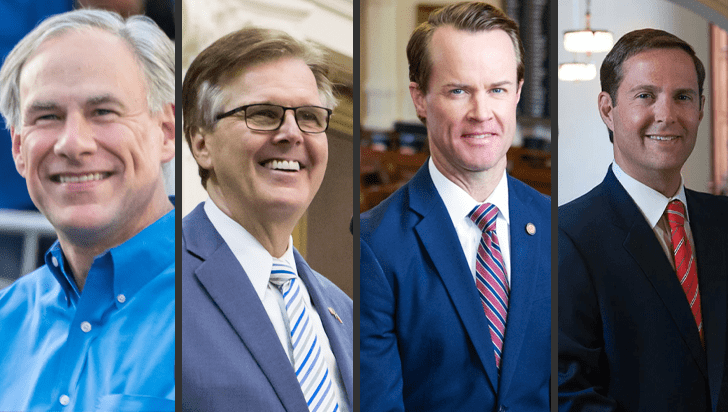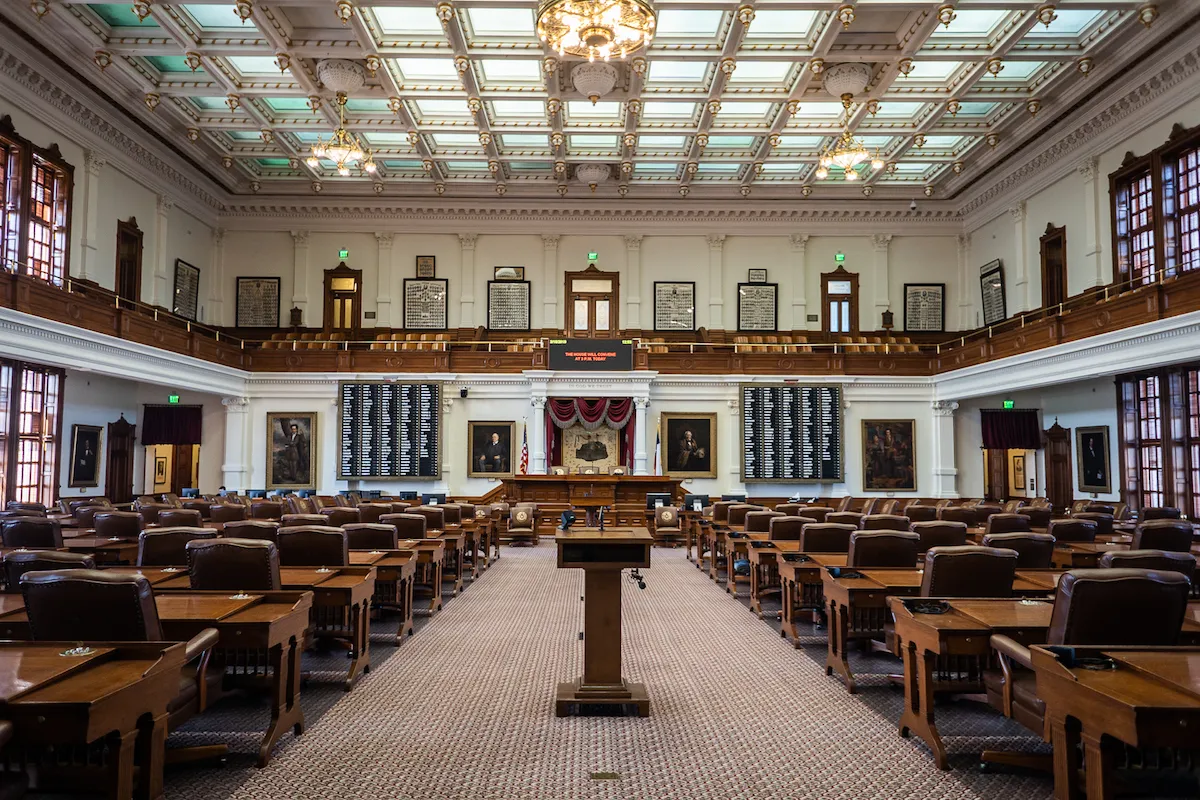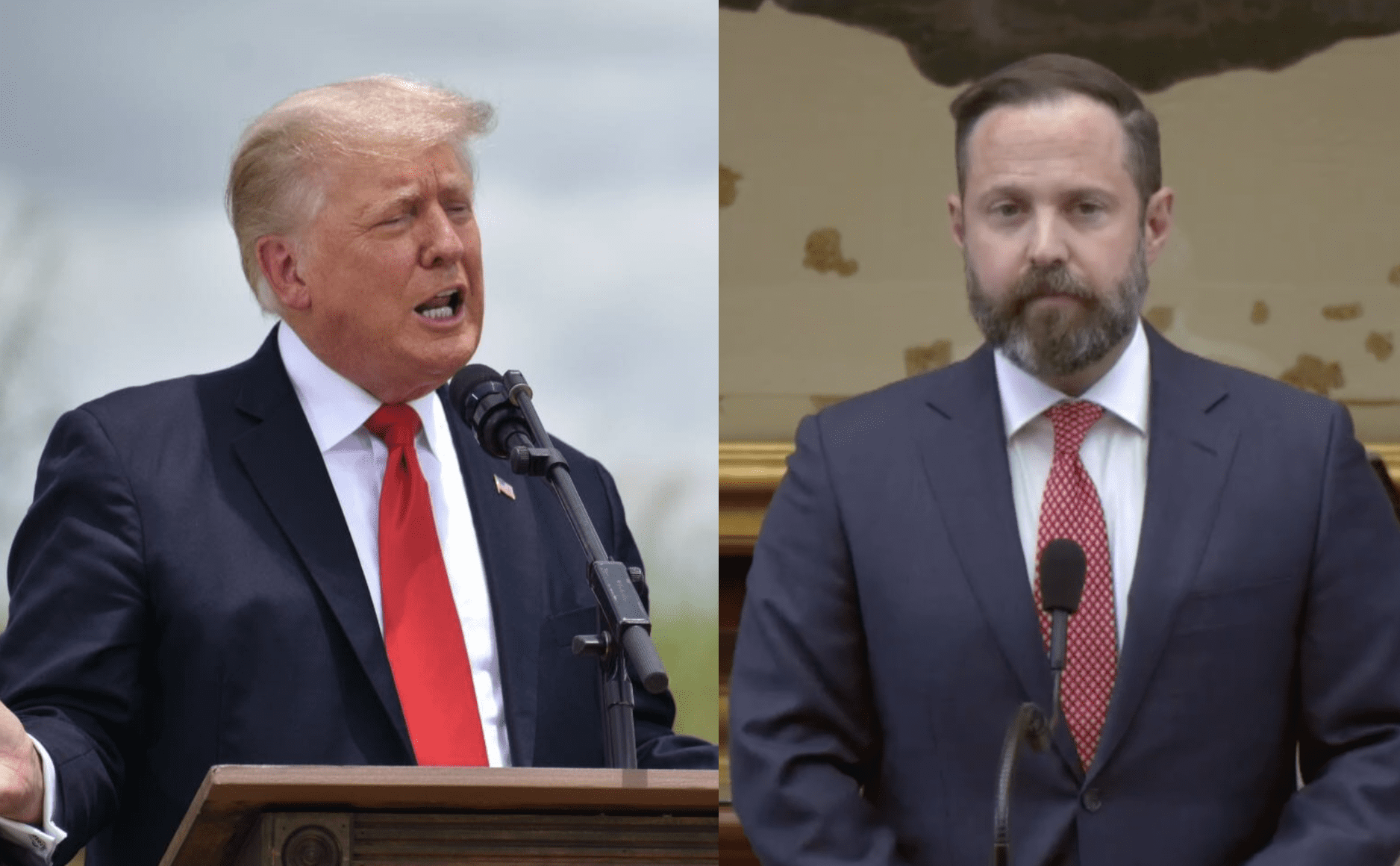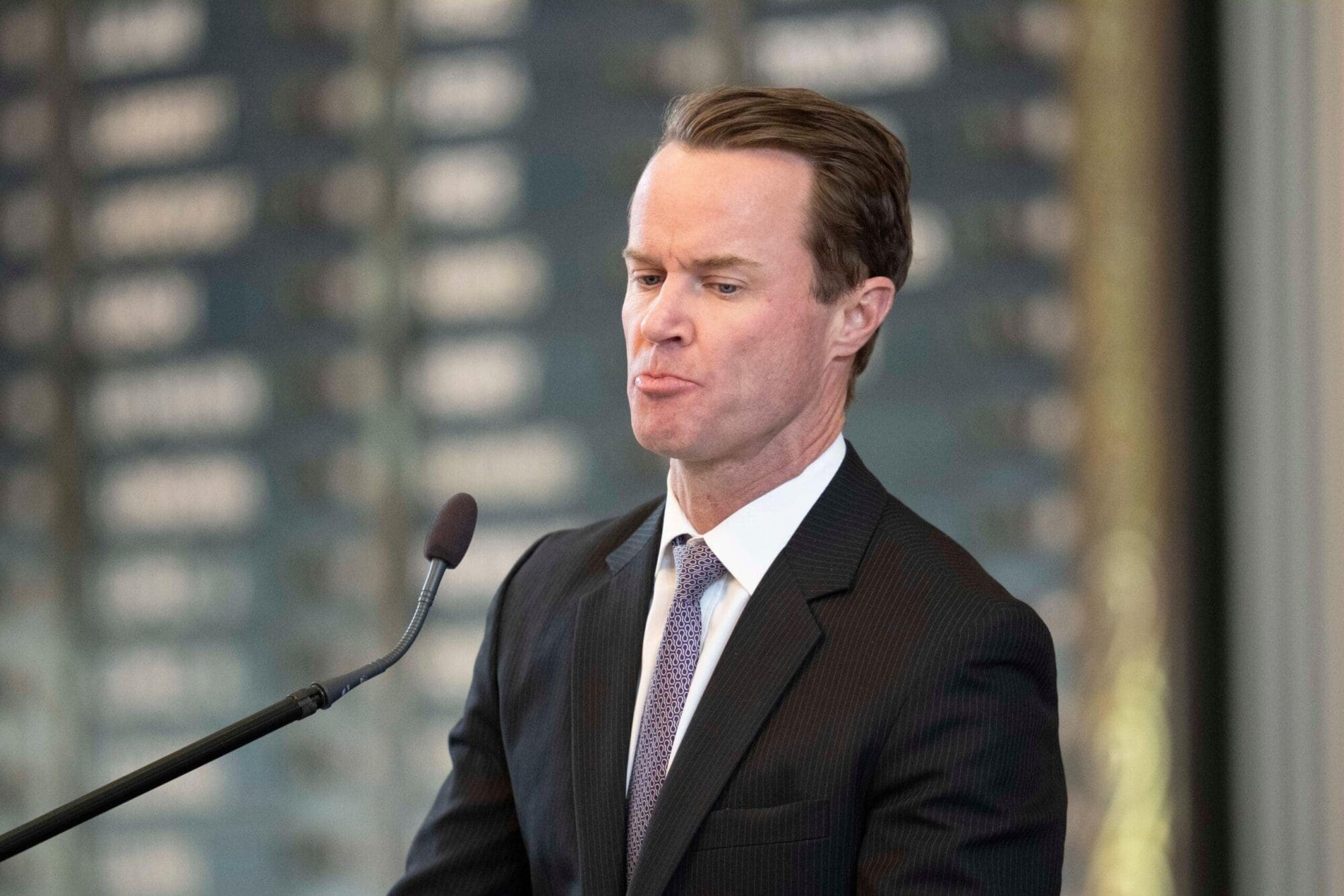From mask mandates to business closures to choosing who can freely travel or operate their businesses, there has been no shortage of public outcry in the wake of Texas’ response to the COVID-19 pandemic.
Most of the response in the form of executive actions by the state executive branch and local governments took place between the 2019 legislative session and the beginning of the 87th Legislative Session in January of this year, causing many legislators to feel helpless to respond to their constituents’ needs and complaints. As a result, several legislators have filed bills to address these issues, but few of those bills have made it very far in the legislative process.
While the Texas Senate has moved on bills to rein in the governor’s authority during a pandemic, legislation has stalled in the Texas House—including Speaker Dade Phelan’s priority bill to codify the governor’s powers.
The House Approach Thus Far
In late February, State Rep. Dustin Burrows (R–Lubbock) filed the Texas Pandemic Response Act. It was heard in the House State Affairs Committee a few weeks later, on March 11. Now, more than a month later, no action has been taken. Its low bill number—House Bill 3—is a signal that it is a priority of House Speaker Dade Phelan.
The bill itself has the aim of creating a completely new section of code that would ultimately treat the governmental response to a pandemic disaster differently than that of any other declared emergency or disaster. It ran into resistance, however, as it ultimately perpetuated many of the disputed authorities the governor has used over the last year, recodifying that executive actions have the effect of law, thereby continuing to cut off at the knees legislative response as the elected representatives of Texans.
The redrafted substitute that was offered during the hearing did attempt to address several of the provisions that caused a public outcry, such as the original requirement that businesses follow CDC recommendations to be eligible for lawsuit liability protections. An effort was made to address the lack of legislative oversight by forming a Pandemic Disaster Legislative Oversight Committee, which would be composed of select legislative members, not the whole legislative body.
Other bills were filed in the House to address reforming emergency powers but have thus far seen no movement.
State Rep. Steve Toth (R–The Woodlands) filed a bill that would explicitly ensure no order or proclamation issued by the governor may violate or suspend constitutional rights. It also requires that no emergency or disaster declaration can continue beyond 30 days unless it is renewed or extended by the state Legislature. This bill was referred to the House State Affairs Committee on March 1 but is not yet scheduled for a public hearing.
State Rep. Brooks Landgraf (R–Odessa) filed a bill that would prohibit any disaster declaration from being renewed beyond 60 days if 75 percent or more of the state is affected without calling a special session. This bill was referred to the House State Affairs Committee on March 1 but is not yet scheduled for a public hearing.
Two other bills addressing different aspects of emergency powers reform were filed by State Rep. Matt Schaefer (R–Tyler). One bill is aimed at ensuring that no executive order, proclamation, or regulation can require a person to wear a mask or personal protective equipment unless already in current law. The other bill would get rid of any penalty for not following an emergency management plan. Neither bill has received a public hearing after having been referred to the House State Affairs Committee on March 15.
The Senate Approach Thus Far
The Senate has seemingly been more proactive in getting bills related to emergency powers reform to the floor. Two bills authored by State Sen. Brian Birdwell (R–Granbury) were passed nearly unanimously by the Senate on Tuesday.
SB 1025 amends the Texas Government Code to make it clear that only the Legislature has the authority to suspend or make law in declared times of emergency. Another bill proposes an amendment to the Texas Constitution to allow any current legislator the ability to sue the governor in the Supreme Court of Texas at a time of a disaster if the governor fails to convene the Legislature after a qualifying disaster or emergency declaration.
The Senate chose to address the emergency priority related to business liability protections differently than that of the House of Representatives by putting it in its own bill, which passed the Senate with a vote of 29-1 on April 8. As of this publication, the bill has been referred to the House Judiciary & Civil Jurisprudence Committee.
Both bills have the support of the Republican Party of Texas.
The Question of the Governor
Hypothetically, if any of the bills make it through the entire legislative process, it is unclear whether Gov. Greg Abbott would even sign them into law, curbing his own interpreted authorities.
“We must ensure that in the event another pandemic ever strikes again, families and businesses will never again face the financial consequences they experienced in 2020,” he said during his State of the State address in early February. “I will continue working with the Legislature to find ways to navigate a pandemic while also allowing businesses to remain open. We must find solutions that allow all Texans to enjoy the unique prosperity that comes with being a Texan.”
What Does It All Mean?
With just 48 days remaining in the 140-day legislative session, and impending self-imposed deadlines limiting the consideration of certain types of bills, the window is closing quickly for the Legislature to pass any emergency powers reform.





